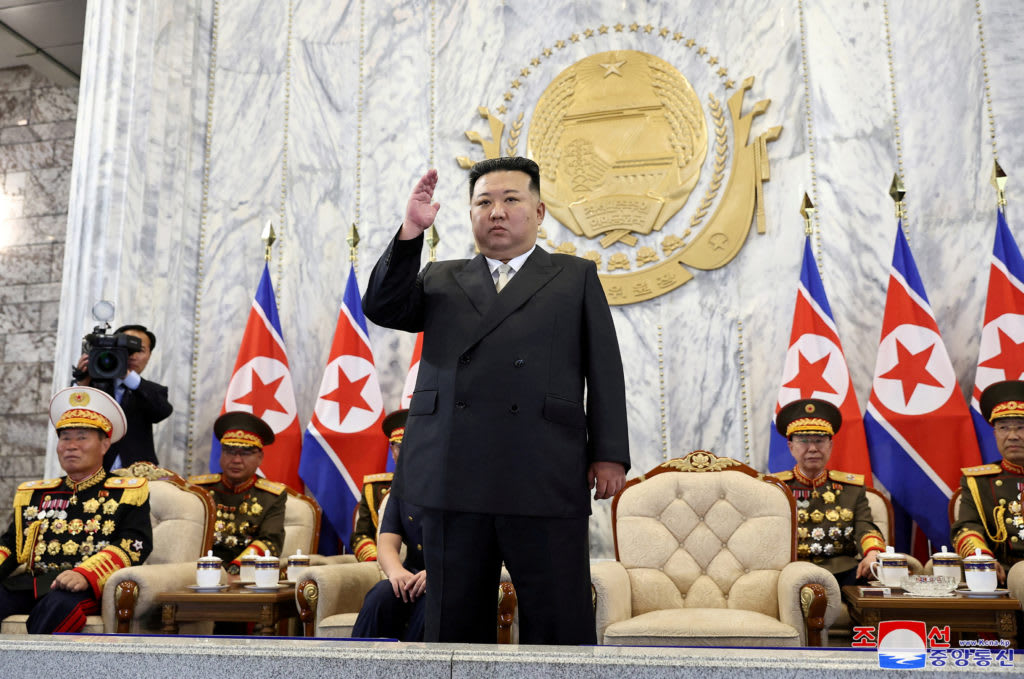
North Korea’s regime heavily relies on strict control of ideology and information to maintain its power. While other socialist systems collapsed after the Cold War, North Korea severed ties with the outside world and prioritized controlling external ideology and information. However, these controls violate residents’ fundamental rights, including freedom of thought, expression, and access to information. In response to increased access to external information, the authorities have strengthened their control measures and enacted oppressive laws, subjecting residents to execution, torture, and detention for consuming or distributing South Korean media. The inflow of foreign videos and information is intensely controlled, with censorship, surveillance, and punishment being employed. Authorities established the ‘109 Permanent Committee’ to monitor residents’ contact with external information, conducting searches without notice or warrants. Despite these efforts, consumption of South Korean media continues to spread secretly. Mobile phones are a significant means of accessing and sharing external information, leading the authorities to employ wiretapping, surveillance, and jamming techniques. The severity of punishment for possessing foreign media often hinges on bribery. Monetary compensation can sometimes resolve these situations, allowing those who can pay bribes to receive shorter sentences. North Korea’s information control and censorship practices remain widespread, limiting residents’ access to global knowledge and maintaining the regime’s control.
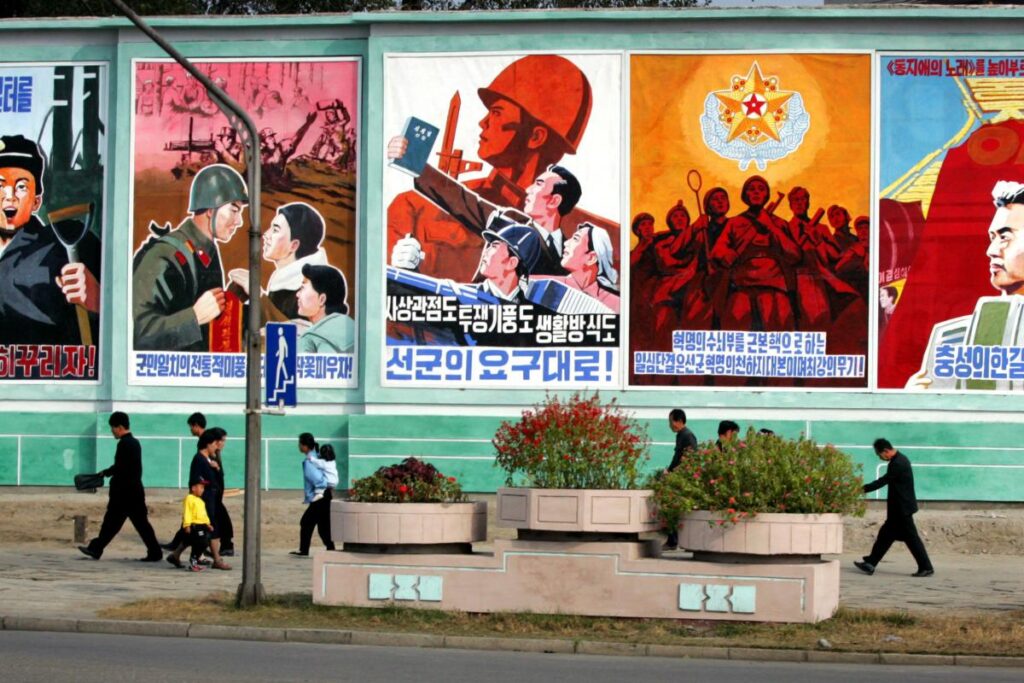
The socialist ideology of Kimilsungism-Kimjongilism is the sole guiding principle in North Korea, with no freedom of thought or conscience permitted. Spies are embedded within local units to monitor residents, and those who oppose the regime are branded as criminals. The personality cult surrounding the leader leaves no room for alternative ideologies. Religion is also heavily restricted, with the state controlling religious activities and viewing them as a potential threat. Christians are particularly oppressed, seen as destabilizing the regime. North Korean residents are indoctrinated to believe that religion is deceptive, and the term «missionary» instills fear. In 2021, the «Youth Education Security Act» further prohibits religion and superstitious acts, reinforcing the notion that they are punishable offenses. The lack of freedom of thought and religion ensures the regime’s control over its people.
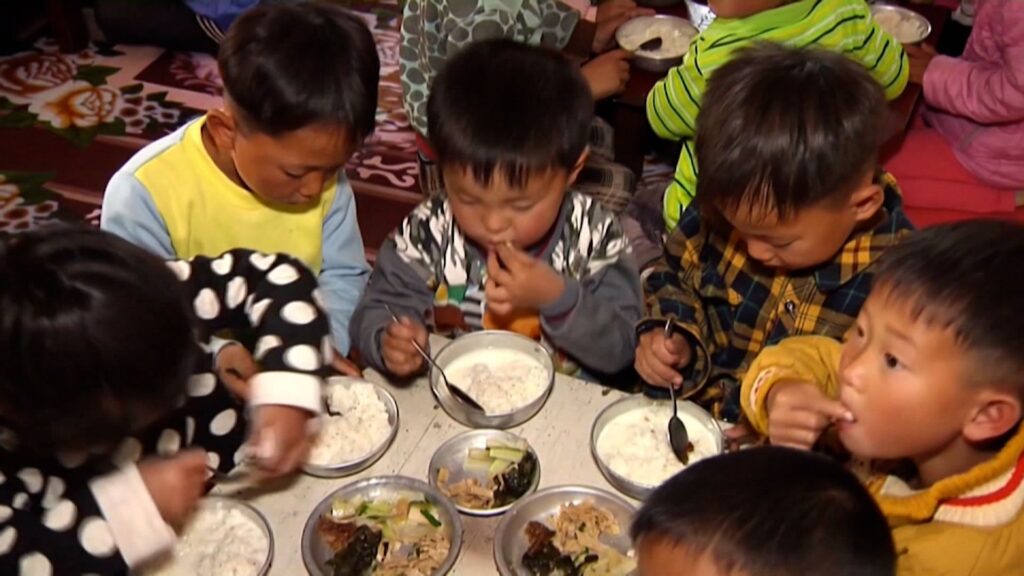
North Korea is facing its worst food shortage since the «Arduous March» famine in the early 2000s. The country has been experiencing an annual shortage of approximately 1 million tons of food, leading to 2 to 3 months’ worth of food shortages for the entire population each year. Between 2019 and 2021, around 10.7 million people, accounting for 41.6% of the population, were affected by malnutrition, surpassing the numbers from the earlier famine. The COVID-19 pandemic worsened the situation as North Korea closed its borders, cutting off international support and material exchanges. Movement restrictions and reduced food trade led to increased starvation in certain regions. Despite the crisis, the North Korean regime rejects international assistance, viewing it as a means of imperialist control. Compounding the problem is the collapse of the official food distribution system, with discriminatory and irregular distribution that fails to address shortages. State-supplied rations primarily go to government workers, while the general population receives little or no distribution. People have resorted to cultivating small gardens, but authorities have imposed restrictions on the practice, aggravating food shortages.Overall, North Korea’s food situation is dire, with significant consequences for its population.
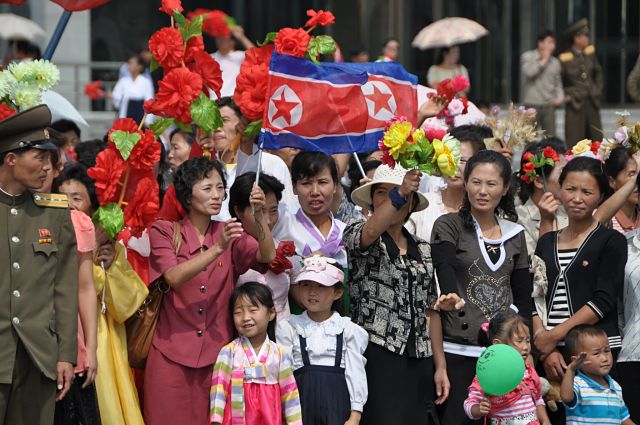
North Korea claims to guarantee women’s rights for gender equality, but deeply ingrained gender norms and discrimination persist. Domestic violence is prohibited by law, but authorities view it as a private matter, resulting in minimal intervention. Victims face social stigma, and sexual violence awareness is lacking, with rapes often being reported as assault and battery. Regarding children’s rights, North Korea ratified the UN Convention on the Rights of the Child but subjects children to excessive political education and mobilizes them for propaganda events, leaving little time for rest and leisure. Students’ education is hindered as they are mobilized for various activities, including military training, labor, and construction work. They endure physical and mental burdens, with reports of collapsing during extreme conditions. North Korea claims to prohibit child labor but children are still mobilized for various forms of work, causing suffering. Despite these issues, North Korea presents a different picture to the international community, highlighting its commitment to children’s welfare and showcasing a gender-equal society. However, the reality contradicts these claims, with significant challenges faced by women and children in the country.
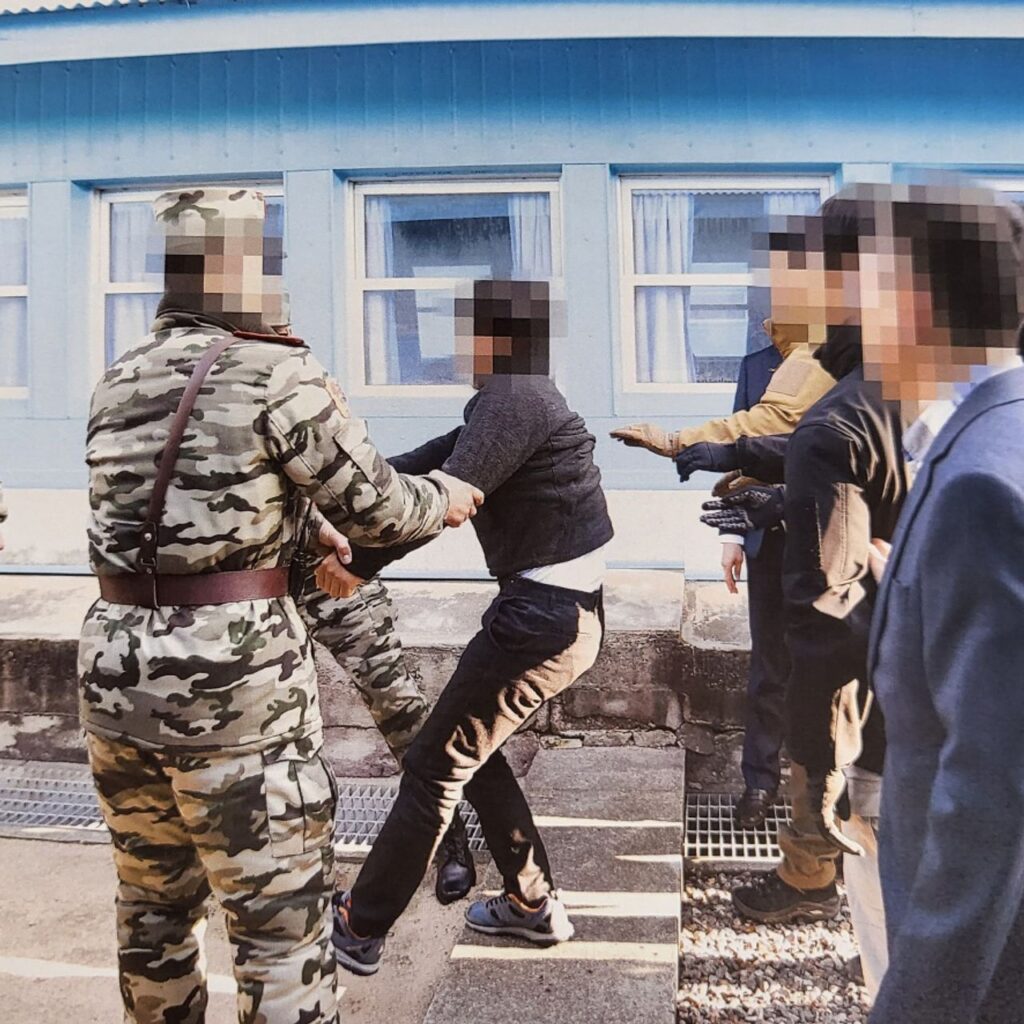
North Korean authorities impose strict restrictions on the freedom of movement for their residents, despite the constitution guaranteeing «freedom of residence and travel.» Travel permits are required to move within the country, with heightened control when traveling to major cities like Pyongyang or border areas. Violating the travel order can result in long periods of unpaid labor or re-education. Even minors and officials need permits for travel, and patients must obtain medical diagnoses and certificates specifying their destination. Upon arrival, travelers must register with local authorities and obtain stamps from the Ministry of People’s Security. The process of obtaining travel permits can be time-consuming, leading to an increase in bribery cases where residents bribe local officials to expedite the process. Since Kim Jong-un came to power in 2015, reports suggest that market prices have been influenced by bribes for obtaining travel permits. Additionally, North Korea enacted the Emergency Quarantine Law during the COVID-19 pandemic, implementing strict measures to control resident movements, with violations punishable by death. Moreover, the North Korean government engages in forced expulsion and relocation, targeting rebellious elements, anti-regime personnel, and individuals with «disreputable backgrounds.» Undesirable residents, such as ex-convicts and unemployed individuals, are relocated away from Pyongyang, while those involved in crimes like prostitution and drug trafficking face forced expulsion. Forced relocations along border areas aim to curb defections, with cases of demolition and relocation reported, such as the 200 households in Samjiyon in 2015. These actions infringe upon individuals’ freedom of residence and movement.
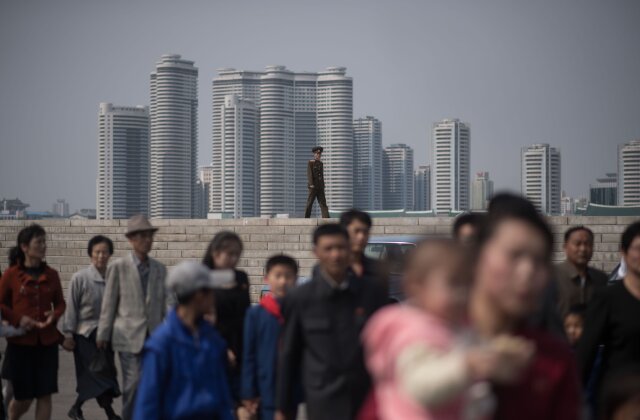
The right to life is considered the most fundamental right of every human being, protected by international law. As a party to the International Covenant on Civil and Political Rights (ICPR), North Korea has an obligation to uphold this right for its residents. However, the reality in North Korea contradicts their claim of protecting this right. Arbitrary arrests and detentions are common, particularly targeting individuals who criticize the regime, insult the leader, attempt to escape to South Korea, or engage in religious activities, with no due process. Even individuals deprived of freedom due to crimes they committed should be treated humanely. However, detainees in prison camps and other detention facilities in North Korea endure arbitrary abuse, cruel treatment, and extremely poor conditions, resulting in frequent deaths. Despite laws against torture and inhumane treatment, such violations occur during criminal cases. Public executions are used to instill fear, targeting individuals for their political beliefs, superstition, drug offenses, murder, and even watching or distributing South Korean media. Extrajudicial and arbitrary executions by state officials are also common, with minors facing the death penalty. These gross human rights violations persist in North Korea.
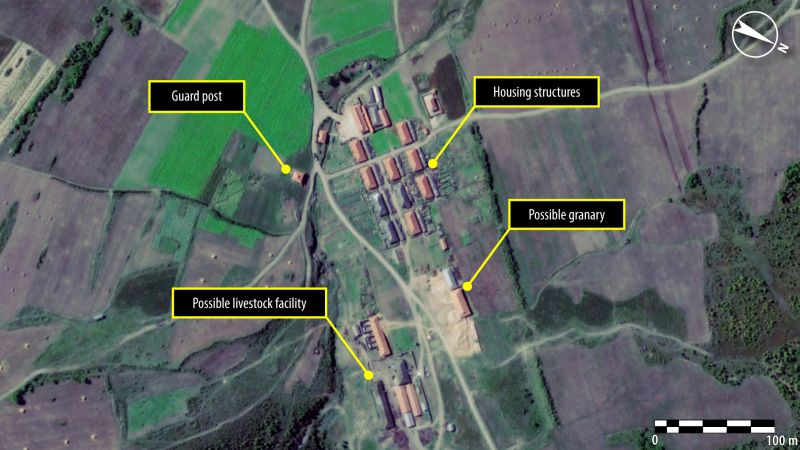
Political prison camps in North Korea have become a hub for severe human rights violations since the era of Kim Il-sung. These camps, such as Camp No. 14, No. 18, No. 16, and No. 25, hold an estimated 80,000 to 120,000 political prisoners. However, North Korean authorities officially deny the existence of political prisoners and camps, disregarding international standards. The right to a fair trial is not guaranteed, especially when the regime perceives individuals as threats. Residents are often imprisoned in these camps without due process, and guilt-by-association leads to the punishment of not only the individual but also their family members. Reasons for imprisonment include opposition to the regime, disrespect towards the leader, espionage, religious activities, and ties to South Korea. Life in these political prison camps is marked by subhuman conditions. Detainees are subjected to physical abuse, arbitrary executions, and poor nutrition, hygiene, and medical care. Family rights are violated, and even married couples are forcibly separated. The camps serve as a breeding ground for fear and suffering, with the basic rights of detainees undermined at every turn.
